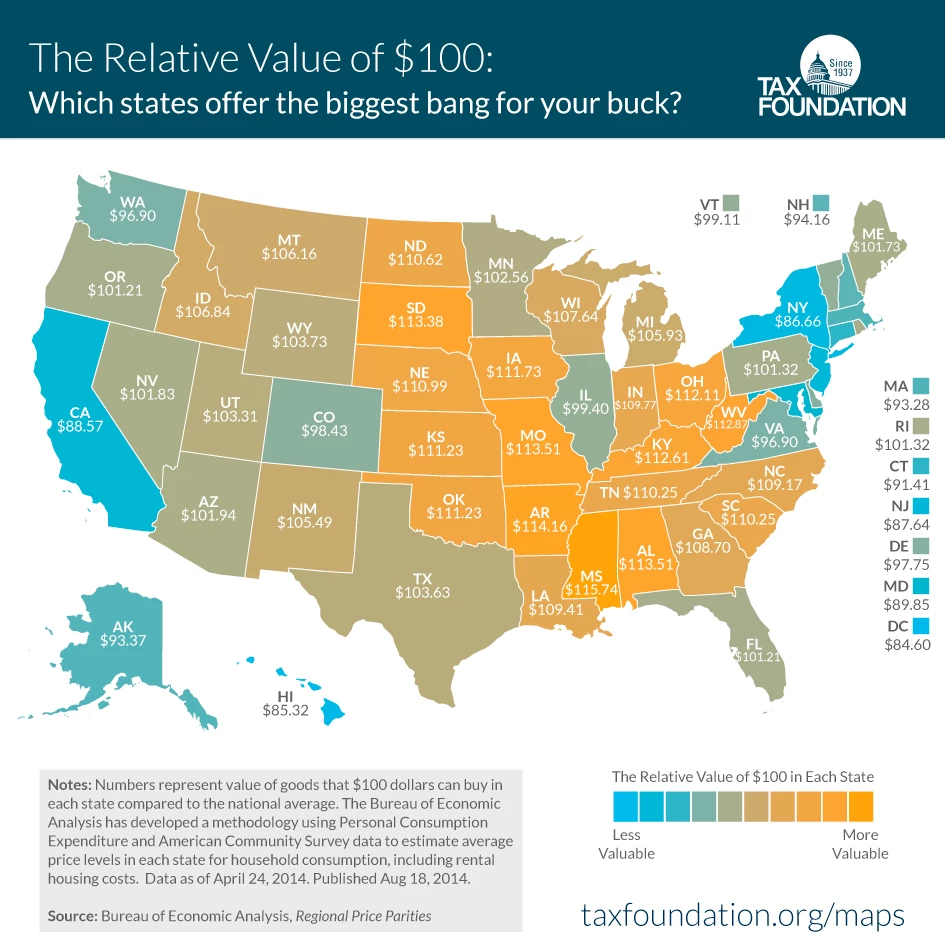Contract technical staffing is what I do for a living – so I know exactly where it falls down. I spend every day trying to talk people into why they should use contract staffing and why it makes sense. In 13 years of being in this business, I’ve never had anyone ask me why it doesn’t work. That might be kind of odd. Don’t get me wrong, I’ve talked to hundreds of corporate HR and Recruiting Pros who HATE contract staffing, but 99% don’t know why they hate it.
Most believe they hate contract staffing because it’s taking their job away. Nothing makes me smile more than to hear a really good HR Pro say “if I hire your company ‘they’ll’ have no reason to keep me around”. I always find this a little sad, because that’s not at all true. Contract staffing isn’t in competition with corporate staffing. Contract staffing fills temporary voids of talent and project work. Corporate staffing is looking for permanent, long term hires.
But, to be perfectly honest, there are some reasons when contract staffing fails. If you deal with contract staffing firms, you might find that shocking to hear, because we are trained from birth not to ever say anything negative about our service. ‘Everyone’ can use us for any recruiting need you might have! Well, no not really. Let me give you 3 Ways Contract Staffing Fails:
1. To Attract your competitions talent when you are equal or trailing in market compensation. I always like to say there is no one I can’t recruit. Given enough time and money. I could get President Obama to quit the Presidency. But if you think a contract staffing firm is going to get your competitions best developer to leave their direct job for a contract job, for the same money or less, you’re crazy and I don’t want to work with you company.
2. When you fall in love with the talent. Every once in a while I a client who gets upset. They bring on a high priced contractor, that person does great work, and the client falls in love and wants to hire them. The problem is many contractors are contractors because they like moving from project to project. They like you, they just don’t like-like you. Contract staffing works really well when it’s a win-win. We have a project, you nail project, and we both got what we wanted. It fails when one party falls in love, and the other doesn’t feel the same!
3. When You Think I’m Magical. Recruiting is recruiting. I don’t have a magical stable of candidates waiting to come to work for you. Well, I might have one or two, but not a stable. When you tell me you need something I, usually, have to go out and find the right talent, fit, etc. Just like you would, if you were looking to hire a direct position. I’m not magic, I’m just good at finding technical talent. There’s a difference.
I get why some new clients get put off by contract staffing. I call you, tell you how amazing we are and how good we are at what we do and then you expect I’m going to have 5 perfectly screened ready to work Controls Engineers in your inbox the next morning, when you’ve been searching for 6 months and don’t have one.
Expectations are a huge issue we all face in recruiting, no matter what kind of recruiting we do. I have to manage my clients expectations, just like you have to manage your hiring managers expectations. Contract staffing works really well when you find a client partner that makes sure your expectations and their deliverables all line up.
Want to discuss? Contact me: sackett.tim@HRU-TECH.com, 517-908-3156 or send me a tweet @TimSackett. I promise to under promise and over deliver.

